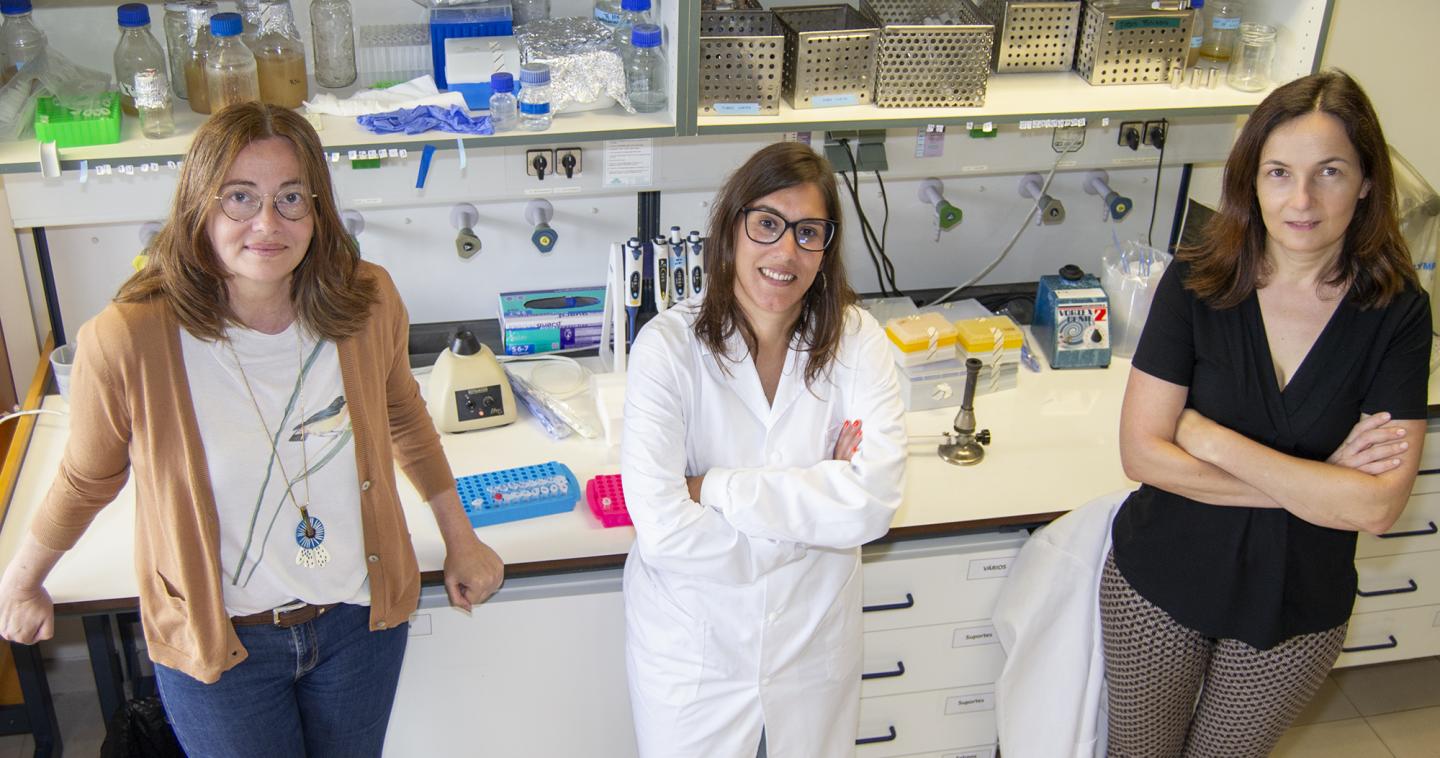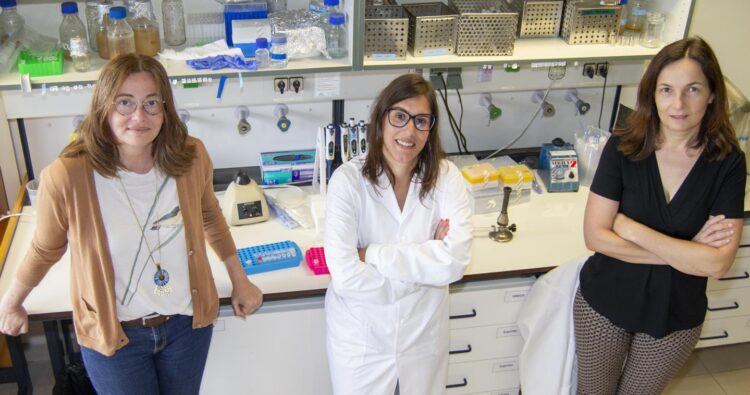Study by ITQB NOVA researchers identifies role played by adults in the carriage of pneumococci

Credit: ITQB NOVA
Streptococcus pneumoniae is a major human pathogen and a leading cause of several infectious diseases including pneumonia, the third-leading cause of death in Portugal. In Europe, S. pneumoniae is the most common cause of community-acquired bacterial pneumonia in adults. Still, very little is known about its colonization within this age group. A team of researchers from ITQB NOVA has now taken a crucial step to clarify the dynamics of carriage of this bacterium in adults.
This bacterium, also known as pneumococcus, can asymptomatically colonize the human upper respiratory tract. Colonization not only precedes diseases but is also essential for transmission. Even though pneumococcal disease is most common among children and the elderly, it is relatively rare among active healthy adults. Now, researchers have discovered that, contrary to expectations, in this age group acquisition of pneumococcus is frequent and carriage can last several months.
In the work published in the Journal of Infectious Diseases, the team led by Raquel Sá-Leão followed for six months 87 healthy adults aged 25-50 in Portugal. Nasopharyngeal, oropharyngeal, and saliva samples were collected periodically, and screened using molecular methods, such as real-time PCR, for the presence of pneumococcus. The use of qPCR enables high sensitivity in samples where pneumococci are at low density. “Sampling of multiple sites using a high-sensitive method together with repeated sampling of subjects allowed us to increase the chance of detecting carriage events”, explains Sónia Almeida, first author of the study developed during her PhD.
Researchers concluded that colonization among healthy adults was relatively frequent. In fact it was estimated that “the risk of an adult being colonized with pneumococci at least once during a period of one year was 57.5%”, says Ana Cristina Paulo, second author of this study. Moreover, it was estimated that the median duration of carriage was almost two months, which is higher than previous studies had reported. Strikingly, some adults carried pneumococcus for more than 6 months – the duration of the study. Adults who lived with children showed a higher risk of acquiring pneumococcus. However, the duration of carriage in adults did not depend on regular contact with kids.
The research suggests that some adults can act as reservoirs of pneumococci. Therefore, the scale of herd immunity potentially attainable through children’s vaccination, which protects the community from infectious diseases, may vary. “These outcomes are central when designing strategies to prevent pneumococcal disease in adults. By understanding this dynamic, we can contribute to public health decisions”, adds Raquel Sá-Leão.
The team of ITQB NOVA’s Laboratory of Molecular Microbiology of Human Pathogens developed this study in collaboration with ITQB NOVA PI Hermínia de Lencastre and the pneumologist Filipe Froes. The Sá-Leão Lab researches how human interventions, such as the use of antibiotics and vaccines, impact on the nasopharyngeal microbiota, with special interest on Streptococcus pneumoniae.
###
Media Contact
Renata Ramalho
[email protected]
Original Source
https:/
Related Journal Article
http://dx.





